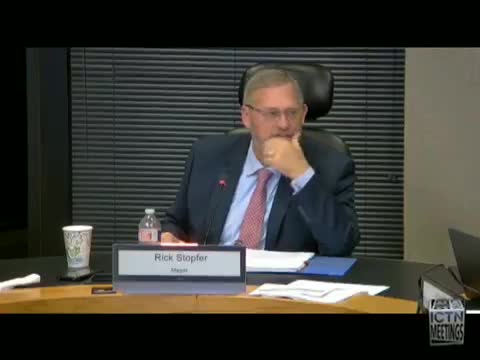Article not found
This article is no longer available. But don't worry—we've gathered other articles that discuss the same topic.
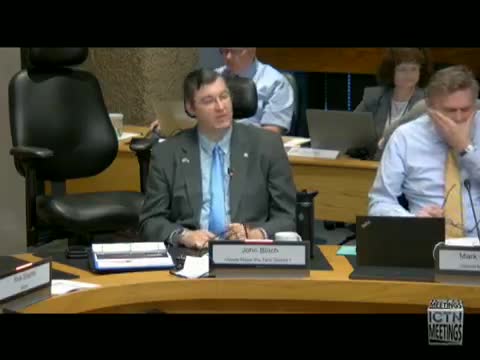
Council hears DART proposal to share sales-tax increment with cities for transit-linked TIFs
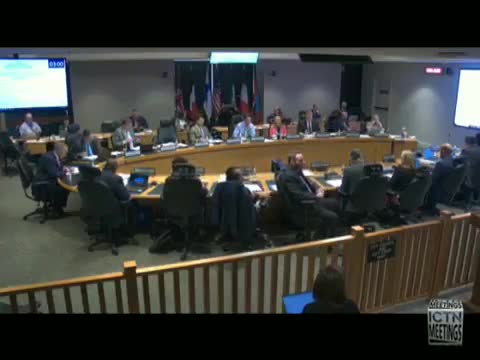
Council hears Main Street pilot proposal as downtown small-business owners urge support
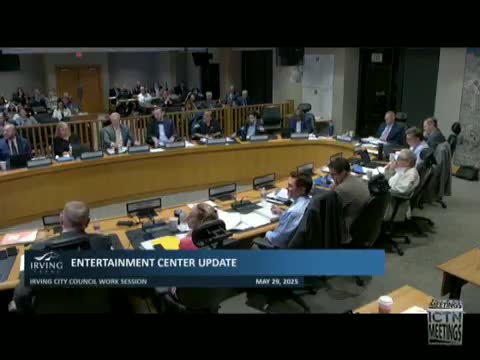
City outlines $35 million-plus in Toyota Music Factory reinvestment, rebates tied to sales tax
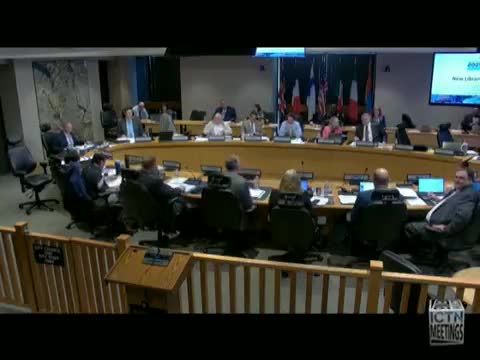
Staff outlines plans for a fourth Irving library; TIF 1 could help fund site and infrastructure
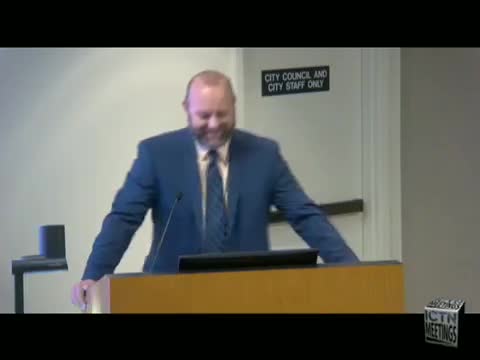
Dallas County to reimburse Irving $800,000 for Rock Island Road trail segment linking downtown
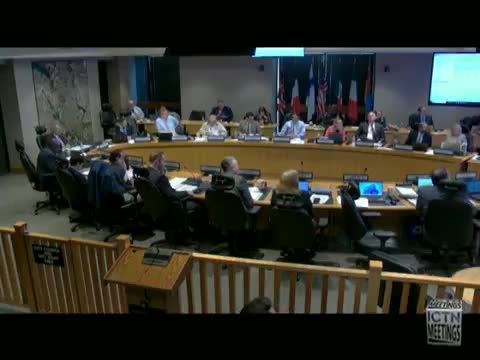
Council staff recommend $4.14 million award for Campion Trail Elm Fork Extension Phase 1B
